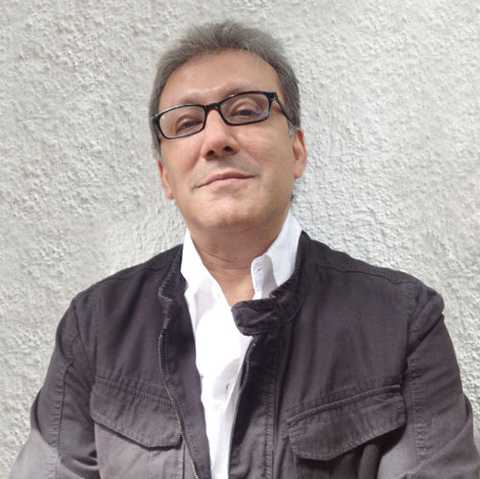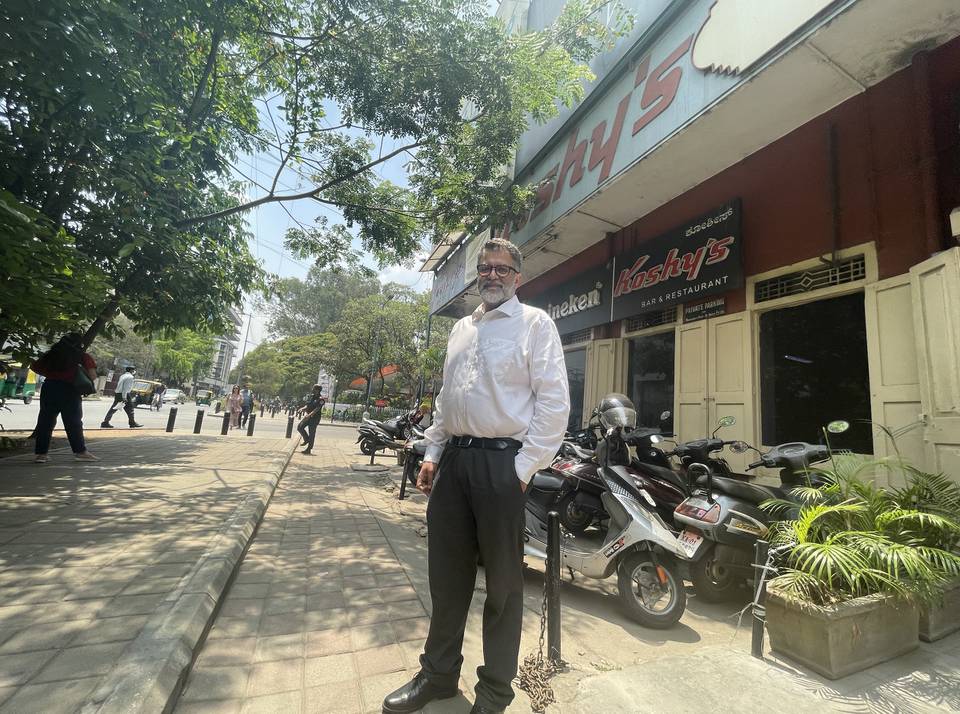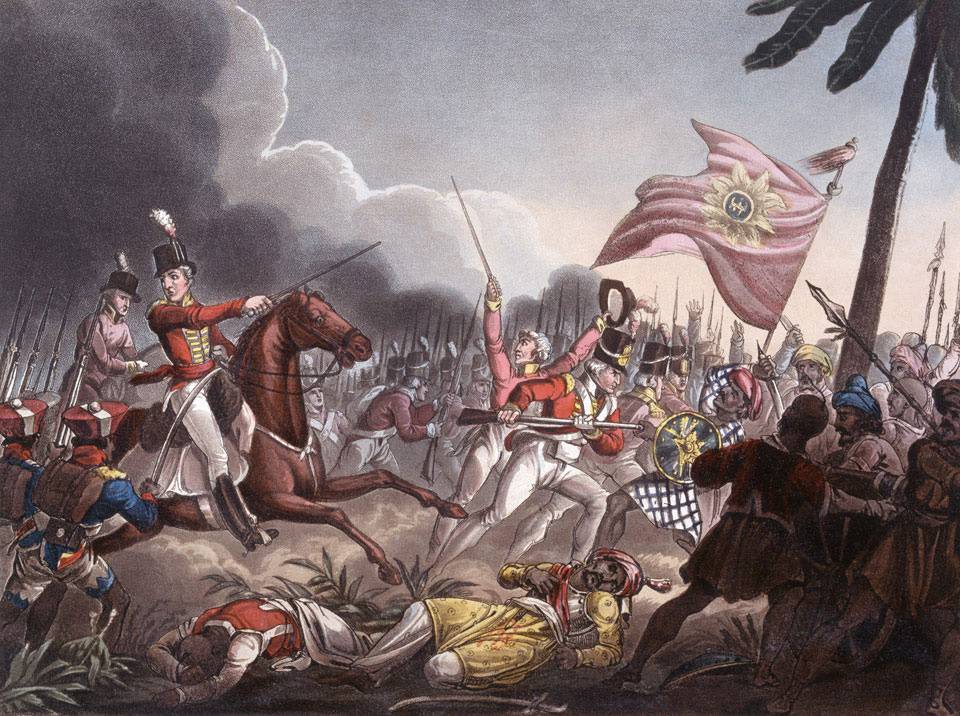Have We Bangaloreans Lost The Libido For Language?
Language is important. Everyone says so. To be inept in language is akin to not having formal education. Have we Bangaloreans lost the libido for language?
Feb 20, 2021, 18 55 | Updated: Feb 20, 2021, 18 55
Have we Bangaloreans lost the libido for language?
In high school, we had a Geography teacher whose English was not grammatical.
He had the ability to turn us sanguine (means enthusiastically bloodthirsty) boys into howling beasts when he said things like, “Boy! Keep quiet. If you talk, I will be beaten.”
We could tell his knowledge of Geography was good and we respected him greatly for that, but he spent his years with us bumbling through his lectures.
He could probably have broken down the deceptions of the Mercator projection for us admirably in his native language (the language in which he had studied his subject) but, sadly, he was a teacher in an “English medium school” and had to power through his job without the ability to speak grammatically, leave alone navigate the delights of subject, predicate and subordinate clause.
He had developed a functional ability but no fluency in the English language – which means he used canned phrases and sentences, but could not explain himself in simple English.
For example, there was the azimuth.
Teacher: “An azimuth is the angle between the projected vector and a reference vector on the reference plane, which is the vector from an observer to a point of interest projected perpendicularly onto said reference plane.”
Boys: “Huh?”
He could verbalize that sentence in its entire labyrinthine convolution, but when we WTF’d him, he would blather in broken English and flail his arms about, drawing azimuths on the blackboard so that he could speak with his hands, in substitution of logical sentences.
Sometimes, we’d egg him on by asking him the time, in obscure English. “By what measure do the hands of horology portend the advent of the hour, master?”
Sometimes he’d figure out we were twitting him and then he would try to use big words in response, “Don’t insinuate me, boy.” (He meant “insult”, of course.)
We lived for these moments; but then all schoolboys are cruel. And they have short attention spans that don’t include having to make up for a poor teacher. We did not feel sorry for him. If he could learn Geography, he could have learned English. Obviously, he did not think it was important. Linguistically unclothed, he perv’d us.
We were lucky. The only reason why some of us in class were able to get any education in Geography was because we knew the English language well and we could reap meaning from his clumsy presentations.
Besides, we lived in a time when the ability to speak well was a factor in peer pressure. And chicks dug well-spoken dudes. Else, we would have learned geography by memorisation, without meaning.
Language is important. Everyone says so.
To be inept in language is akin to not having formal education.
Not being educated leads to all sorts of unfortunate conditions that include not being able to think critically or to write clearly. At a more subtle level, it means not knowing how to be tolerant of or inquisitive about other cultures and people.
To be inept in language is to come across like a dumb dipshit.
For many years, I have held up the fellow Bangalorean as a repository of articulate intellect. Maybe because most Bangaloreans were well-educated, middle-income professionals, being fluent in language was a thing.
And then I met this group of high school teachers and listened to them discuss the delays in commissioning the Bangalore Metro. They argued about whether the city needed it or not. There was not a sentence they uttered that did not make mince of grammar and lacerate the brain.
Because they spoke in broken English, they sounded childish. But because they weren’t children, they sounded like dumb dipshits.
I fear for the generations.
When our teachers are incompetent in the medium of instruction, how can they instruct? Equally, how can students receive instruction via an abused and broken medium?
When either a broadcast station or a radio receiver or both are badly engineered, you’d have noise and static. You couldn’t listen to gently nuanced renderings of the classics, but you could judder blissfully to thumping bass and pitiless drums that require no subtlety. Now imagine the teacher and the student are broadcaster and receiver, and you get my analogy.
But here’s the happy-happy.
Clearly, lurking beneath the dung heap of messy expression and mixed metaphors, there are the unwoven strands of intellectual capacity. I’m saying that it takes very little for people to be articulate—in English or in Kannada or Croatian or whatever lingua is the franca of the firmament.
Think of the folks who return from the US after spending just one year over there. They now speak fluently; they’re now articulating all those exquisite and complex thoughts in delightfully pithy prose. (We’ll even forgive them their newly elongated vowels, “Her bialaaagical claaack is going tick-taaak, tick-taaak.”)
All it took was for them to be in an environment where idiom was important, grammar a required field and verbosity a felony. It does not take much for our educators to create that environment here, does it?
And then again, I was at a coffee shop, minding everyone else’s business (what other point is there going to a coffee shop?) I overheard a young boy ask his mother, “Amma, is your head still paining?” (He must have overheard pillow talk.)
“Aching, sweetie,” she taught him, “you say aching, not paining. My head aches. It does not pain. My head aches or hurts when I have a pain.”
It would have been a labour of thanks from one Bangalorean to another had I awarded her with a gold medal for rectitude.
----------------------------------------------------------------------------------------------------
Ramjee Chandran is Editor-in-Chief and MD of Explocity.
rc@explocity.com (E-mail)
@ramjeechandran on Twitter








